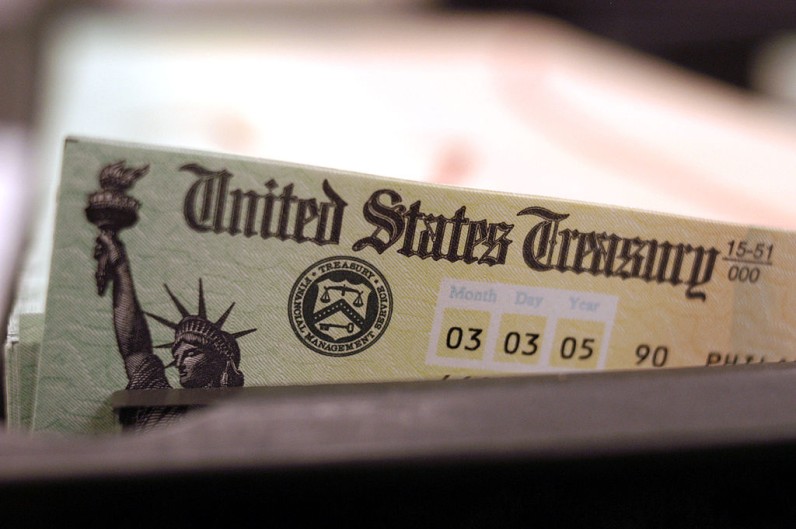
There is a possibility that you may not be required to repay any additional funds received from the Social Security Administration.
In March, SSA Commissioner Martin O'Malley outlined new regulations regarding accidental overpayments.
Excess Social Security Payment
Usually, if a Social Security beneficiary receives an excess amount of money, they are obligated to repay it. This can be done through lower monthly payments or a one-time payment, regardless of whether the mistake was made by the SSA.
These repayments can have a detrimental effect on individuals who depend on their monthly Social Security payments to cover housing and other expenses.
According to the Social Security Administration, there are various factors that can lead to overpayments.
For example, failing to promptly report your work when starting a new job or continuing to receive payments while going through an appeal process.
According to the SSA, they handle overpayments on an individual basis. Therefore, if you happen to receive a notice, it would be wise to reach out to the agency, particularly if you believe there may be an error. If there is an error, you have the option to submit an appeal.
Commissioner O'Malley recently unveiled a comprehensive four-step plan aimed at reforming the repayment process for claimants who have received an overpayment.
Starting from March 25, the Social Security Administration has made changes to their policy regarding the repayment of Social Security benefits.
Claimants will no longer have 100% of their benefits taken back if they fail to respond to a demand for repayment notice. Starting now, the new default withholding amount is set at 10%.
Additionally, claimants will no longer be required to provide evidence of their responsibility for causing overpayments. Instead, the agency will assume responsibility if it determines that the beneficiary was at fault for receiving the overpayment.
According to CNET, the repayment period will be extended from 36 months to 60 months. The extended payback period allows beneficiaries to have more time to make their payments, resulting in a smaller deduction from their monthly checks.
The agency will also streamline the process for beneficiaries to request a waiver in cases where they are not responsible or unable to afford repayment.
READ NEXT : Californians Have Until June 30 to Qualify for Faster Student Loan Forgiveness, Lower Payments
What to do with Social Security Overpayment?
Tribune -Star laid out few options to do if you have received an overpayment notice:
- You can choose to repay the overpayment in full or set up a repayment plan. Payments can be made by check, money order, credit card, or through monthly reductions from your Social Security benefit. Consider using Pay.gov or your bank's online bill pay option to make a full or partial repayment. Our repayment plans are designed to be flexible, with options for payments as low as $10 per month.
- If you disagree with the overpayment or think that the amount is incorrect, you have the option to appeal. You have the option to request a non-medical reconsideration online or by submitting a completed SSA-561, Request for Reconsideration, to your local Social Security office.
- If you believe you are not responsible for the overpayment and are unable to repay the money, or if you have other valid reasons why it would be unfair to expect repayment, you may request a waiver of the overpayment. To request a waiver, you will need to submit a completed SSA-632 form, specifically the Request for Waiver of Overpayment Recovery, to your local office.
- If you find it difficult to cover your essential living expenses with the current repayment amount, you may consider requesting a different repayment amount.







Join the Conversation